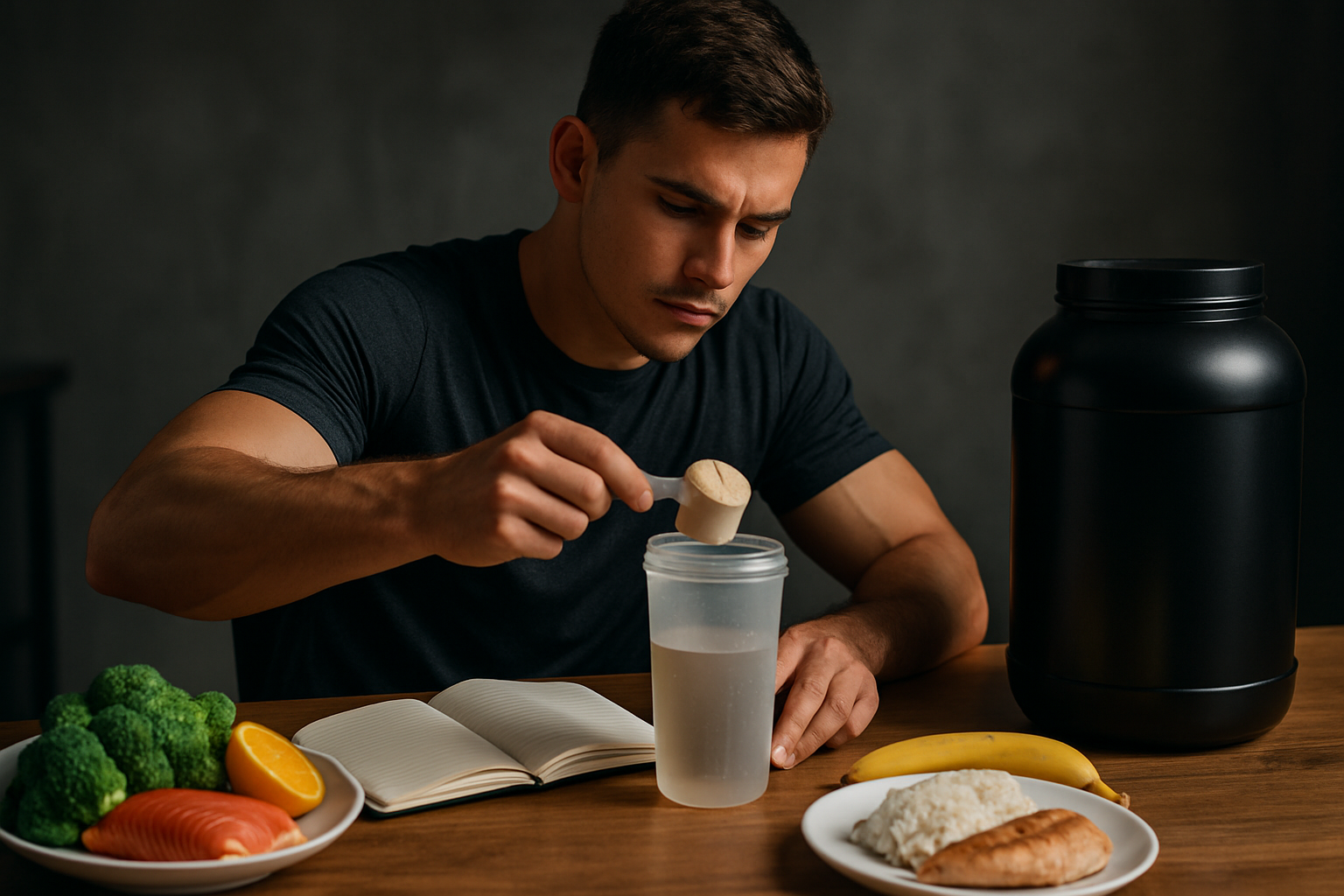3 Surprising Foods That Improve Bone Density in Seniors
Bone health in older adults is shaped by daily choices. This guide outlines foods commonly linked with stronger bones such as dairy and fortified alternatives along with leafy greens and calcium rich proteins. It explains key nutrients including calcium vitamin D vitamin K2 protein and magnesium and how they work together. A neutral overview of supplement basics highlights typical forms and general cautions without listing doses or brands. Simple exercise categories are included such as weight bearing resistance and balance work to support strength and stability. A short safety section notes fall prevention medication review and when to discuss screening with a clinician.

What Foods Naturally Support Bone Health?
Nutrition plays a critical role in bone density, with certain foods providing essential nutrients that strengthen skeletal structure. Dairy products like yogurt, milk, and cheese are excellent calcium sources, delivering the primary mineral needed for bone maintenance. Leafy green vegetables such as kale, spinach, and collard greens offer additional calcium and vitamin K, which helps calcium absorption and bone metabolism.
Key Nutrients Essential for Strong Bones
Calcium alone isn’t enough for optimal bone health. Seniors need a comprehensive approach to nutrition that includes vitamin D, which facilitates calcium absorption, vitamin K2 for bone mineralization, protein for bone tissue development, and magnesium for bone formation. Fortified foods like orange juice, plant-based milks, and cereals can provide these critical nutrients when dietary intake is limited.
Surprising Food Choices for Bone Density
Beyond traditional calcium sources, some unexpected foods can significantly boost bone health. Sardines and salmon with soft bones provide calcium and vitamin D. Almonds offer magnesium and protein, while prunes have been shown to help prevent bone loss. Tofu and other soy products contain isoflavones that support bone mineral density, making them an excellent option for seniors seeking diverse nutritional strategies.
Supplement Basics for Bone Support
While whole foods are ideal, supplements can help fill nutritional gaps. Calcium and vitamin D supplements are commonly recommended for seniors, but caution is essential. Not all individuals require supplementation, and excessive intake can cause side effects. Consulting healthcare professionals helps determine individual needs, appropriate dosages, and potential interactions with existing medications.
Bone Strength Beyond Nutrition
Dietary choices complement physical activity in maintaining bone density. Weight-bearing exercises like walking, dancing, and light resistance training stimulate bone formation. Balance training reduces fall risks, which is crucial for preventing fractures. Seniors should aim for moderate, consistent exercise tailored to their fitness levels and medical conditions.
Pricing and Supplement Considerations
| Supplement | Average Monthly Cost | Key Features |
|---|---|---|
| Calcium + Vitamin D | $10-$25 | Supports bone mineralization |
| Calcium Citrate | $15-$30 | Better absorption for some seniors |
| Vitamin K2 Supplement | $12-$20 | Promotes bone protein activation |
Prices, rates, or cost estimates mentioned in this article are based on the latest available information but may change over time. Independent research is advised before making financial decisions.
This article is for informational purposes only and should not be considered medical advice. Please consult a qualified healthcare professional for personalized guidance and treatment.




